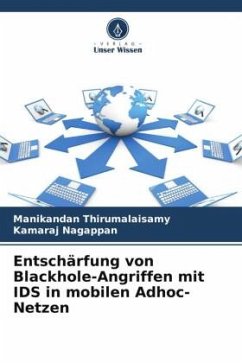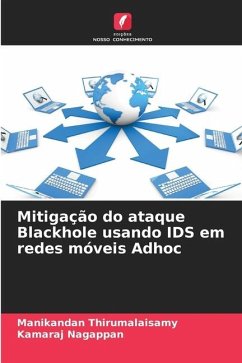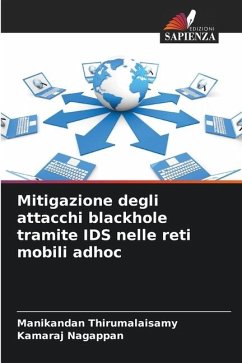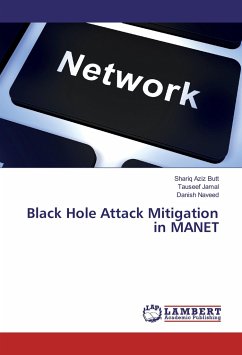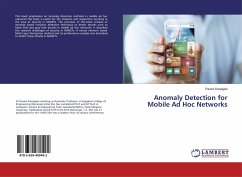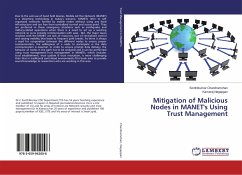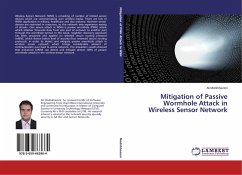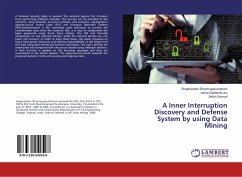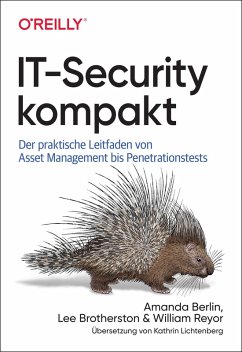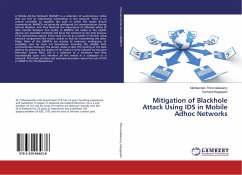
Mitigation of Blackhole Attack Using IDS in Mobile Adhoc Networks
Versandkostenfrei!
Versandfertig in 6-10 Tagen
33,99 €
inkl. MwSt.

PAYBACK Punkte
17 °P sammeln!
A Mobile Ad-hoc Network (MANET) is a collection of autonomous nodes that are free to interchange information in the network. There is no central controller to regulate the path in which the nodes should communicate. MANETs are generally configured for communication during natural disasters, and they illustrate the importance of affirmed safety of data transfer between two nodes. In MANETs the nodes or the mobile devices can assemble randomly and leave the network at any time because of its autonomous nature. Every node can act as a sender or receiver using network components like router, switc...
A Mobile Ad-hoc Network (MANET) is a collection of autonomous nodes that are free to interchange information in the network. There is no central controller to regulate the path in which the nodes should communicate. MANETs are generally configured for communication during natural disasters, and they illustrate the importance of affirmed safety of data transfer between two nodes. In MANETs the nodes or the mobile devices can assemble randomly and leave the network at any time because of its autonomous nature. Every node can act as a sender or receiver using network components like router, switch or hub for transmitting the data. Major flaws of the MANETs are scarcity of resources, inadequacy of scalability, and no clear cut boundaries. Ensuring the reliable data communication between the variant nodes is vital. The scrutiny of the data delivery by observing the activity of the nodes is to be induced by Intrusion Detection System (IDS). IDS is a software or a hardware tool that automatically scans and monitors all the events in a computer or a network. This book provides and extensive discussion about the role of IDS in MANET's for the Researchers.



